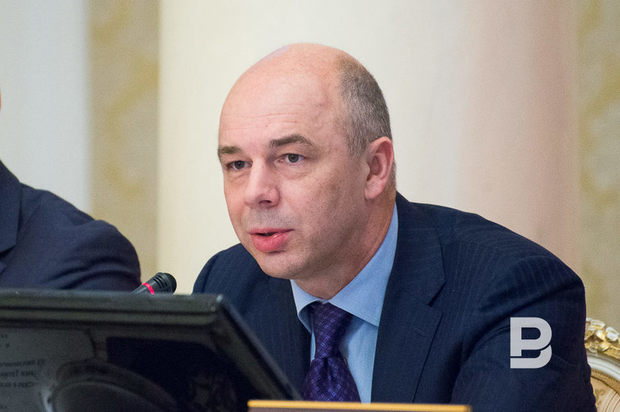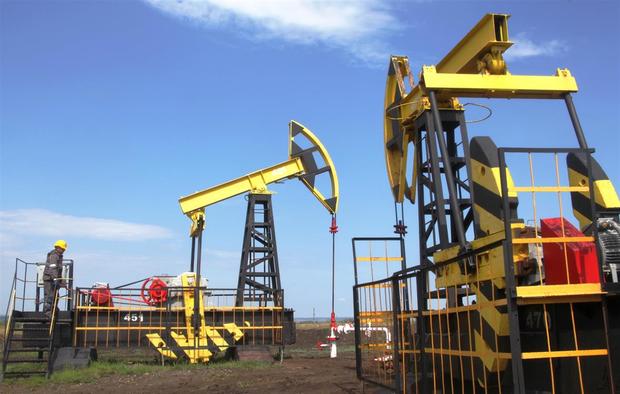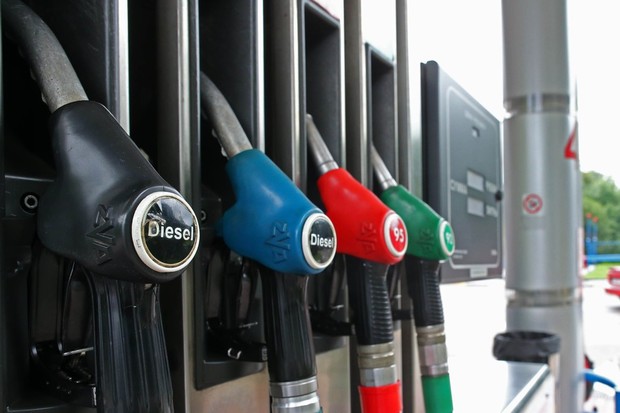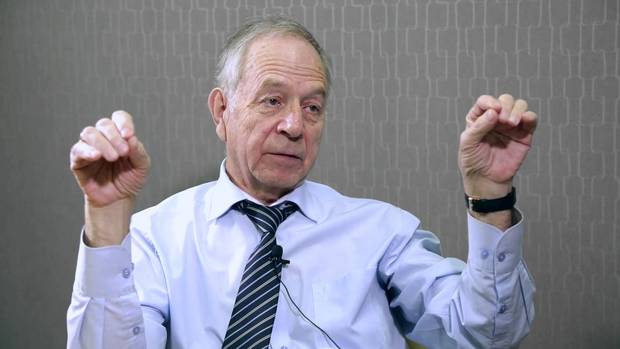50 kopeks from each litre for Crimea: unscheduled fuel price increase
Fuel producers will divide in half the losses from excise duties with motorists?
The Russian government has approved an unscheduled increase in excise on fuel. The prices will be changed in two stages: from 1 January 2018 by 50 kopeks and from 1 July 2018. The increase will bring additional revenues to the budget in the amount of 40 billion rubles. The collected funds will be spent on construction of new roads and road infrastructure, primarily in Crimea, Kaliningrad and the Far East. The experts have different opinions: some believe that the end consumers will suffer, others say that the government's decision will have a slight impact on them, and the fuel producers will even be able to make money on the increase. Read the details in the article of Realnoe Vremya.
Unscheduled increase is scheduled for January and July
At the budget meeting the government decided to raise the price for fuel excise tax. It has long being discussed that the officials are going to build roads in Crimea, the Far East and Kaliningrad at the expense of motorists across Russia and almost no one doubted that the scheme would be adopted.
We are talking about unplanned increase in excise tax by 50 kopeks per litre of fuel in January 2018 and by the same amount in July. Due to the increase in excise tax by 50 kopeks, 1 litre of fuel on retail market can rise by 1,5% or by 60 kopeks. This is a significantly larger increase in excise tax than provided by adjustment for inflation at 4%, or by about 30 kopeks per litre of gasoline and 23 kopeks for litre of diesel fuel, Vedomosti reports.
By indexing excise tax to inflation, it is planned to replenish the budget by 25 billion rubles. According to Minister of Finance Anton Siluanov, the unplanned increase in excise tax will bring in additional 40 billion rubles to the budget, reports Interfax. Thus, fuel prices can cross the psychological mark at 40 rubles per litre.

''A growth will be about 4%, 6% maximum''
However, experts believe that the producers will not fully shift the additional costs on the shoulders of the consumer. An oil market analyst, CEO of Algorithm Fuel Integrator Viktor Kostyukov believes that, like in the previous years, the difference will be divided fifty-fifty, because the FAS will not allow to jump over a 4% inflation threshold. ''In 2016, the excise taxes increased by about 4 rubles, 2 rubles were taken by the oil companies and 2 rubles were shifted to retail prices. This time it will be the same.''
''Car owners will be affected insignificantly because the retail market is regulated not by exchange and not by tax tightening, but only by the FAS. If the FAS says that the increase is within the annual inflation rate, and Elvira Nabiullina said, ''Yes, we will keep inflation at 4%,'' then it is possible not only to envy to the end car owners but also to tell:
''Guys, don't worry, 4% is provided to you by the end of the year, above and below are unlikely. In short, an increase is expected 4%, 6% maximum,'' said Kostyukov.
However, the expert then stipulates that if the increase in unscheduled, then the amount of the approved inflation can be changed, ''The fourth quarter is near, and the government suddenly planned an unscheduled increase in excise duties. Nobody knew.''
''As for stock exchange prices, they will jump. I have calculated that if the excise duty is increased by 1 ruble per liter — the Finance Ministry had such calculation, it turns out, taking into account VAT, 1,4 rubles for diesel fuel and 1,5 rubles for gasoline,'' said Kostyukov.

''Where to take money from? From the oil and gas kings. But a part falls on end consumers''
On the one hand, excise taxes mean losses for the oil companies, on the other — they will not suffer losses because of them.
''At least, under the slogan — for the construction of roads — excise duties are introduced. This means it will be easier for producers to sell in the domestic market diesel fuel for construction machinery and other petroleum products — bitumen, tar. In other words, there will be additional sales,'' said Viktor Kostyukov.
It goes without saying that producers make money on increase of excise duties, believes the interlocutor of Realnoe Vremya.
''All the difference went to the budget, producers didn't gain anything. Maybe even lost, because domestic price for oil increased significantly. Buying oil and processing it at refineries, they get a zero return — for what they bought, for the same price they sold. Alekperov and others have being told us about this. The oil companies — they have long stopped to gain something, they only lose due to the fact that, in general, world oil prices fall. The tax burden on them grows every year exponentially because our budget by 50% is provided by the oil and gas complex. The budget is constant, 15-16 trillion rubles. The lower the world price is, the higher the taxes are. If oil prices fall two times, then the revenues to the budget decrease twofold. But how to maintain the army of doctors, teachers? Where to take money from? From the oil and gas kings. But a part falls on end consumers,'' said Kostyukov.

''Gasoline is a social product and it will entail a price increase for other products''
According to Irek Suleymanov, president of the Association of enterprises of oil products supply of Tatarstan, the oil industry has long ceased to be ''very effective''.
''I'm talking about independent filling stations, market ones. Not about vertically integrated, which have their own wells and processing. We buy fuel not even in Tatarstan, unfortunately, Tatarstan produces not enough gasoline. We have to buy 95% of fuel on the side — Bashkir oil refineries, Samara one. Gasoline is a social product and it will entail an increase in prices for other products. If the cost at any filling station amount to a certain amount, then to earn less is not profitable,'' said Suleymanov.
This year gasoline prices have increased by 4% in retail, and in the wholesale segment even more. They were maintained at filling stations including with the help of the administrative resource. Suleymanov believes that producers will not cover the costs due to excise tax increase from their pockets and this will affect the end user.

''It is difficult to tell in what period of time this will happen. When excise taxes are introduced, fuel price does not rise immediately, the market is getting into the swing of things — there are so many factors. We certainly hope that the plants and oil companies will slightly restrain their appetites. For me, as a consumer, the increase in excise duties is bad news, because they always talked about inflation at 4%, and the unscheduled increase is unclear. But, probably, the government of Russia has reasons to adopt the increase in excise duties,'' said Suleymanov.